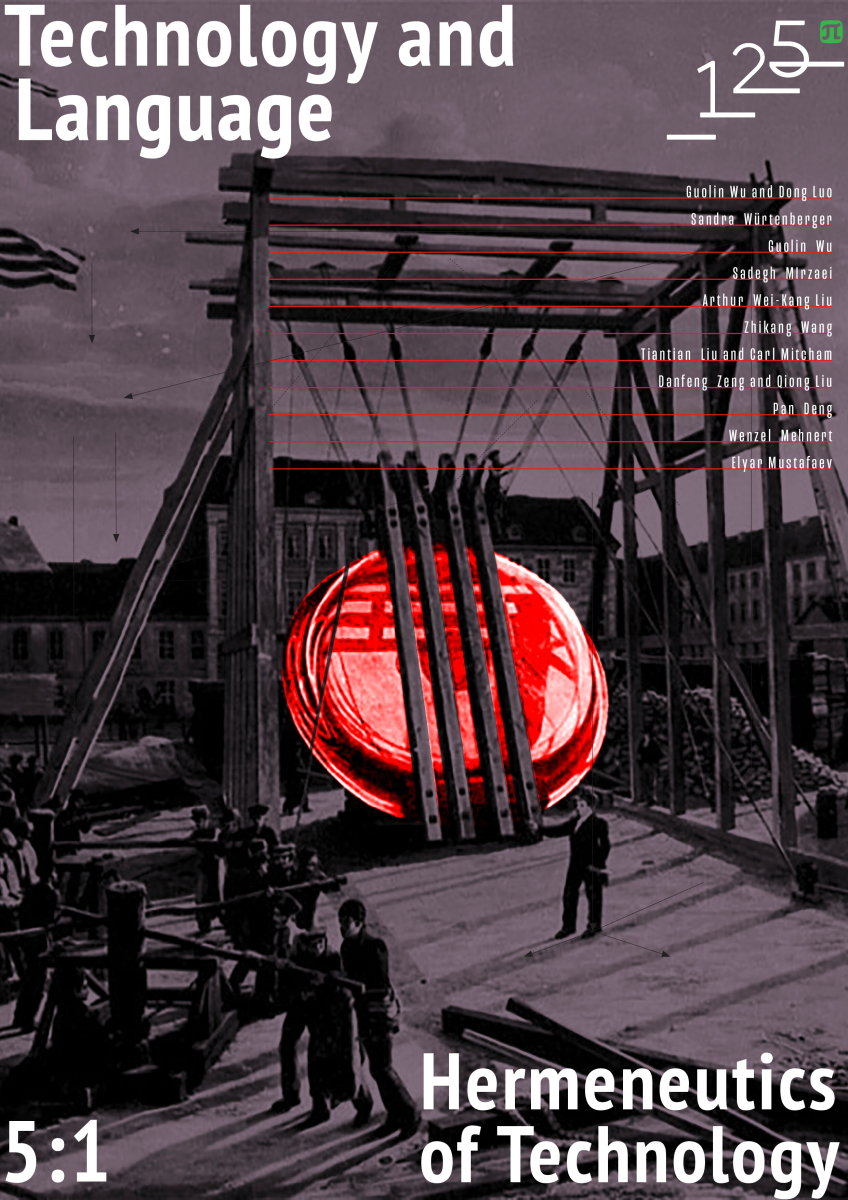Non-Verbal Marketing Research Techniques in Education
The purpose of marketing research in education is to get information about the consumers of educational services and to discover appropriate strategies for tailoring the marketing strategy of an educational organization. Building on previous work regarding “Mental Maps as a Creative Tool of Marketing Analysis in Education,” this paper considers the task of qualitative and quantitative marketing research that aims at identifying significant market features of an educational organization and increasing the potential of its brand and communications. Quantitative studies are complex and expensive due to labor intensity of collecting, tabulating and analyzing data, and there are also serious concerns about the reliability of respondents' answers. According to some researchers, non-verbal marketing research techniques in education contribute to understanding the socio-cultural characteristics of the consumers, they address the problem of the representativity of sample, as well as various challenges that are associated with the difficulties of verbal communication. The article examines the prerequisites for the use of non-verbal techniques in education, the possibilities of non-verbal (ZMET) and verbal (written survey) marketing research techniques in the process of honing the marketing and communication strategy of educational organizations. Non-verbal techniques also serve to focus on students’ attitudes to high school, university, and specialized disciplines, and to identify differences in the results obtained. Based on the non-verbal ZMET, mental maps of perception of high school, university, and specialty were built. Only 25% of the responses received by the ZMET coincided with the results of the written survey. The images obtained by the ZMET for identifying the interrelated structures and the influence of consumers' thoughts on their behavior allow for the clarification of the results of verbal research, for obtaining data to build mental maps, and to discover the main concepts associated with the image of an educational organization. The data help to construct and optimize the marketing communications strategy of educational organizations. The article provides recommendations on the integrated use of verbal and non-verbal techniques for marketing research in education.



